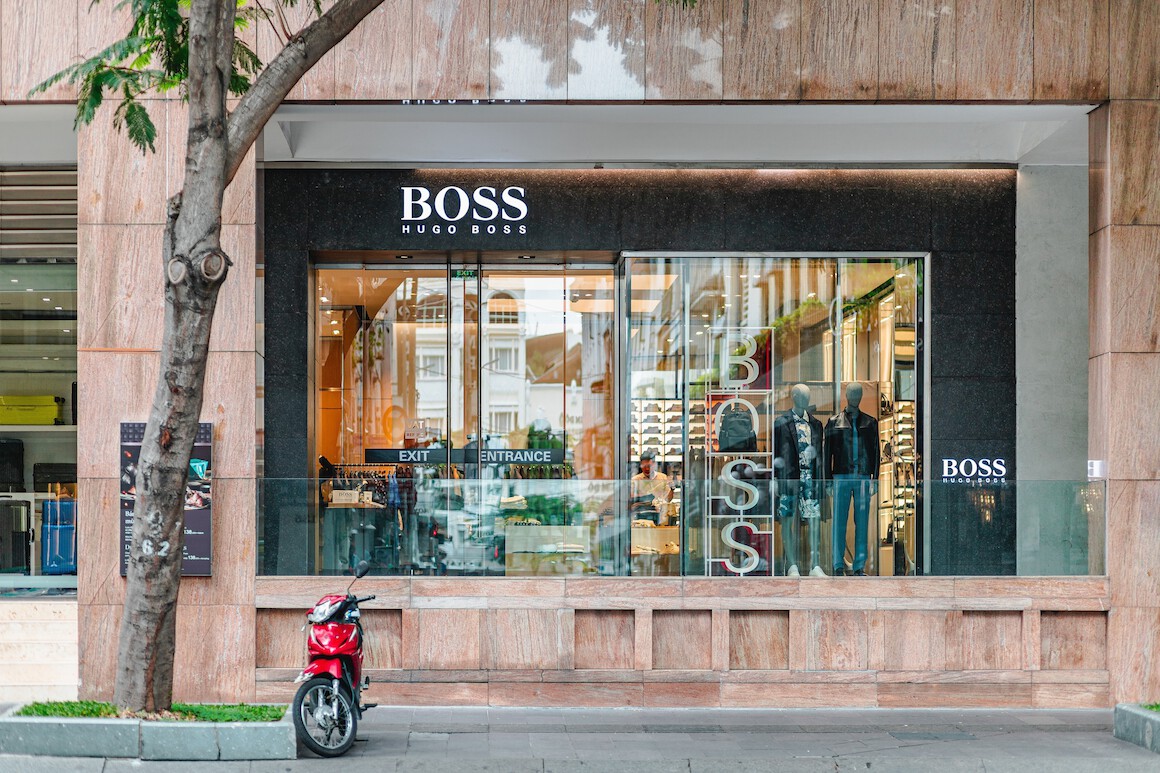1. CASE SUMMARY
A. Summary of facts
This case concerns an unlawful exchange of information in a dual distribution scenario.
In Denmark, HUGO BOSS is both a supplier of products under the brand and a retailer selling the brand in two major department stores. Kaufmann and Ginsborg are retailers of clothing, including the brand HUGO BOSS. Thus, HUGO BOSS has a vertical relation with Kaufmann and Ginsborg in the form of distribution agreements and a horizontal relation as a retail competitor.
Over a period from January 2014 to November 2017 resp. December 2014 to April 2018, Hugo Boss Nordics exchanged information on prices, discounts, and volumes in relation to future sales on the retail market with Kaufmann and Ginsborg.
The Danish Maritime and Commercial High Court considered that the exchange of information concerned Hugo Boss Nordics’ retail business rather than its wholesale business, rendering the exchange an unlawful exchange of sensitive information between competitors. The Danish Maritime and Commercial High Court thereby upheld the decisions of the Danish Competition Council and the Danish Competition Appeals Board.
B. Notes on case history
On 24 June 2020, the Danish Competition Council decided that Hugo Boss Nordics, Kaufmann and Ginsborg had entered into an unlawful exchange of information on prices, discounts and volumes, contrary to Section 6 of the Danish Competition Act and Article 101(1) TFEU.
The Danish Competition Council found that the concerted practice was horizontal and therefore the practice did not fall within the scope of the block exemption regulation for vertical agreements. The concerted practice also did not fulfil the conditions for individual exemption under Section 8(1) of the Danish Competition Act or Article 101(3) TFEU.
Hugo Boss appealed the decision to the Danish Competition Appeals Board on 22 July 2020. On 23 June 2021, the Danish Competition Appeals Board upheld the decisions of the Danish Competition Council finding that the exchange of information on prices, discounts, and volumes in relation to future sales on the retail market constituted a competition law infringement by object in violation of Section 6 of the Danish Competition Act and Article 101(1) TFEU.
The cases were appealed to the Danish Maritime and Commercial High Court. On 6 May 2024, the Danish Maritime and Commercial High Court assessed that the information exchange was a concerted practice with the object of restricting competition in violation of section 6(1) of the Danish Competition Act and Article 101(1) TFEU. Thus, the Danish Maritime and Commercial High court upheld the decisions of the Danish Competition Council and the Danish Competition Appeals Board.
On 23 May 2023, Kaufmann paid a fine of 6 million DKK. In addition, two senior Kaufmann employees have each paid a fine of 120,000 DKK.
C. Legal analysis
The Danish Maritime and Commercial High Court first assessed whether the disputed exchange of information between Hugo Boss and Kaufmann respectively Ginsborg was of a horizontal or vertical nature. The court assessed that the information exchanged was of a horizontal nature, and therefore the exchange could not be block exempted. The court emphasized that the information concerned prices, size of discounts, times of sales, quantities, and specific items on sale. The information made it possible to deduce which products would not be on sale.
The court went on to assess whether the relevant information exchanges should be considered as "by object" infringements of competition. The court found that the exchange of information had such a potential to influence Kaufmann's and Ginsborg's pricing of Hugo Boss products to the detriment of consumers that it is not necessary to demonstrate actual harmful effects. The court found that information exchanges should be considered as a "by object" infringement.
Finally, the court assessed whether the information exchange was one continuous infringement or a series of isolated infringements. Even though in some cases there was up to one year between the information exchanged, the court found that the information exchange was one continuous infringement. The court reasoned, inter alia, that the individual emails had the same anti-competitive purpose between the same parties about the same type of goods and that the method of exchanging emails about prices, size of discounts, times of sales, quantities, and specific items on sale was continuously the same.
Thus, the Danish Maritime and Commercial High court upheld the decisions of the Danish Competition Council and the Danish Competition Appeals Board concluding that the information exchange constituted a competition law infringement by object in violation of Section 6 of the Danish Competition Act and Article 101(1) TFEU.





Sign in to post comments